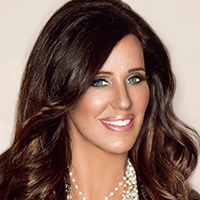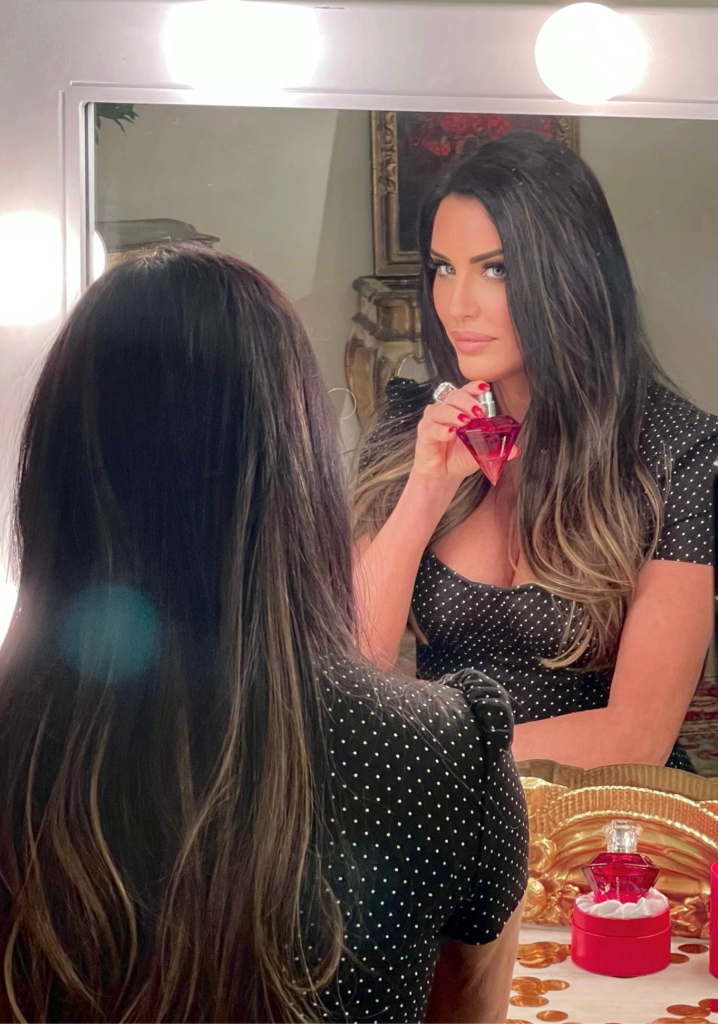Have you noticed a bit more hair in your brush than usual? Maybe your shower drain is getting clogged more frequently? Are you pretty sure you’re seeing more of your scalp than you used to? Sorry to tell you that you’re probably not imagining it, girl. Here’s some cold, hard truth: Female pattern hair loss is a very real thing and hardly anyone is talking about it!
 One effective option gaining traction is hair plant treatment, a revolutionary approach that tackles hair loss at its roots, quite literally. Enter Root Hair, a cutting-edge procedure designed to rejuvenate and restore thinning hair. With this innovative technique, individual hair follicles are carefully implanted, promoting natural growth and seamlessly blending with your existing hair. The discreet and personalized nature of Root Hair treatment makes it a game-changer, allowing women to address the issue with confidence and discretion.
One effective option gaining traction is hair plant treatment, a revolutionary approach that tackles hair loss at its roots, quite literally. Enter Root Hair, a cutting-edge procedure designed to rejuvenate and restore thinning hair. With this innovative technique, individual hair follicles are carefully implanted, promoting natural growth and seamlessly blending with your existing hair. The discreet and personalized nature of Root Hair treatment makes it a game-changer, allowing women to address the issue with confidence and discretion.
According to some research I’ve done, balding in women is just as common as it is in men. It can be caused by meds, stress, hormonal issues, infections, genetics or just plain old aging. And this isn’t only a cosmetic problem. Hair loss in women can have very real psychological effects that can impact relationships, daily life and general confidence levels. In fact, LaserCap® Company, makers of the revolutionary LCPRO™, an FDA approved treatment for hair loss and to promote hair growth, conducted a female hair loss survey and found some very interesting results. Here are my top take aways from the study.
You feel less sexy
For those women who are lucky enough to not have to deal with hair loss, balding can seem like a minor cosmetic thing. But, it’s so much more than that! Hair is deeply tied to a woman’s sense of self and how attractive they feel. A whopping 63% of women surveyed said their female pattern hair loss (FPHL) made them feel less attractive and an even bigger 85% admitted they are more self-conscious about their appearance because of their hair loss. Feeling self-conscious or less attractive can be a huge blow to even the most confident woman’s self-esteem. And when you’re in a relationship, you still want to feel beautiful to your significant other and I read that 39% of women said they felt less attractive to their significant other because of FPHL. That’s obviously no beuno!
You’re isolated
Another side effect of FPHL is hardcore loneliness. Even though FPHL is incredibly common, no one is talking about it. It’s seriously crickets out there! So, women dealing with it can feel like they’re the only balding woman in a world full of male hair loss. In fact, 88% of women believe that FPHL is “less socially acceptable” than male pattern hair loss. And literally none of the women polled said people view FPHL as a normal part of aging. There’s a real stigma attached to female hair loss, so women dealing with it just don’t talk about it and no one knows just how big the female hair loss community actually is. It was really sad for me to read that 26% of the women surveyed reported feeling more isolated and alone due to their FPHL. “For the last 20 years, I’ve felt very embarrassed by my hair loss, even though I know I shouldn’t,” said one woman. Isn’t that heartbreaking?
Your daily schedule is off
I know this sounds crazy, but being bald takes time! When you have thinning hair or bald patches, you spend a lot of time covering it up. Over two-thirds of women from the survey say their hair loss has caused them to change their daily routines in some way. The time and energy a woman with FPHL spends dealing with her hair loss can really impact her daily happenings. 35% of the women from the survey have been late to work or an appointment. And this isn’t just about primping time bumping schedules. 37% of the women surveyed have skipped a social outing or event completely because of concerns about their hair loss. Isn’t that sad to know?
Are you concerned about hair loss now…or maybe just worried about it happening later in life since it’s so common? Then you should definitely check in with a qualified hair restoration specialist. Ask about non-invasive options available that can help women through any stage of hair loss, even if it’s well advanced. I just discovered the LaserCap® Company, who conducted the survey I referenced so much in this post. They developed the LCPRO™, an innovative light-based device that you use at home for 30 minutes a day. It’s super small and can fit under any hat, so you could even wear it when you’re out running errands. One woman who uses it regularly said, “I went from feeling panicked each morning when I’d do my hair to now getting compliments on my hair when I’m out and about.” Pretty impressive! To find a qualified hair restoration specialist near you, visit the LaserCap company website. You can also take their hair evaluation questionnaire while you’re there. Their Facebook page has a lot of great articles on hair and health.
Anyway, I hope this post raised awareness for FPHL, made some of you dealing with it feel a little less alone and gave you some hope on stopping and reversing the hair loss. I know you’ll find the treatment that works for you! It’s just about getting the right info and talking to the right professionals. Really hope this is a good starting point!



